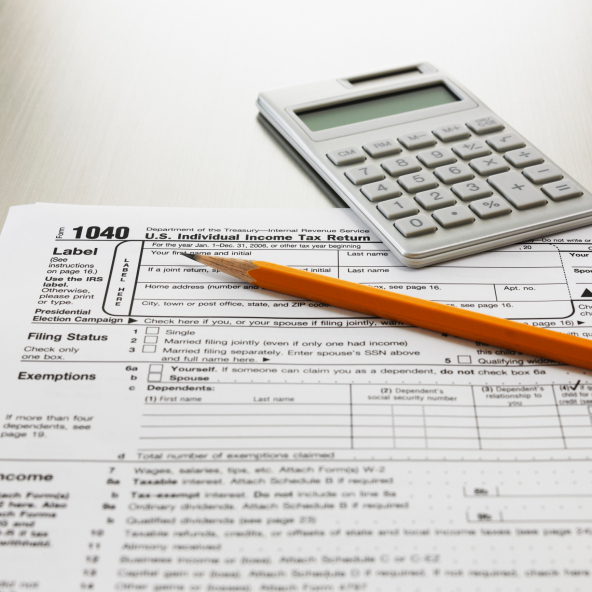Buying or Selling a Home This Winter? Keep These Tax Tips in Mind!
 With all of the expense that can go into buying and selling a home, it’s good to be aware of what you can claim and how a home can benefit you come tax time. When the New Year rolls around and you’re sitting down to the task of completing your taxes, here are a few things that you’ll want to keep in mind.
With all of the expense that can go into buying and selling a home, it’s good to be aware of what you can claim and how a home can benefit you come tax time. When the New Year rolls around and you’re sitting down to the task of completing your taxes, here are a few things that you’ll want to keep in mind.
Gaining from Capital Gains
In the event that you’ve made money off the sale of your home through a capital gain, it’s possible that you may be able to exclude this amount from your tax filing. If you’ve lived in the home you just sold for at least two of the five years before the sale date, not having to report this amount on your taxes may come as a financial win.
Reporting Your Gain
If you have not lived in your home for two of the five years, you will have to report the sale of your home and the capital gain when you file your taxes. This is necessary whether or not you decide to claim the amount. If this happens to be the case for you, it’s a good idea to educate yourself on ‘Net Investment Income Tax’ before filing your return so you can ensure your claim’s accuracy.
A Two-Year Claim For Capital Gain
While there is definitely a great financial benefit in not having to report your gain in all situations, it’s important to be aware that you can only exclude any gain you’ve received from a home sale every 2 years. So, if it happens to be the case that you’ve moved more than once in the last few years, you will have to report any amount that you’ve made from these home sales.
Selling Your Home At A Loss
The boon of a capital gain is certainly ideal if you’ve made some money on your home, but if you’ve sold your home for less than you paid, you won’t be able to claim this. While the end result may be a bit disheartening, this amount cannot be deducted off of your tax return.
Beyond the benefits of buying or selling your home, there are ways that your tax filing can be more pleasant next year if you know some of these tips. If you have any further mortgage related financial questions, you may want to contact your trusted mortgage professional for more information.

 If you’re moving from a large home into a smaller house or condo, you’re probably looking forward to enjoying a lower utility bill and not having to do as much cleaning. But before you move, you’ll want to take certain precautions to ensure that you’re not overwhelmed.
If you’re moving from a large home into a smaller house or condo, you’re probably looking forward to enjoying a lower utility bill and not having to do as much cleaning. But before you move, you’ll want to take certain precautions to ensure that you’re not overwhelmed. If you’re in the process of simultaneously buying and selling a home, you may be in for the most stressful experience of your life. One UK-based real estate survey of over two thousand people found that buying and selling a house is more stressful than divorce, bankruptcy, a death in the family, becoming a parent for the first time, and even planning a wedding!
If you’re in the process of simultaneously buying and selling a home, you may be in for the most stressful experience of your life. One UK-based real estate survey of over two thousand people found that buying and selling a house is more stressful than divorce, bankruptcy, a death in the family, becoming a parent for the first time, and even planning a wedding!